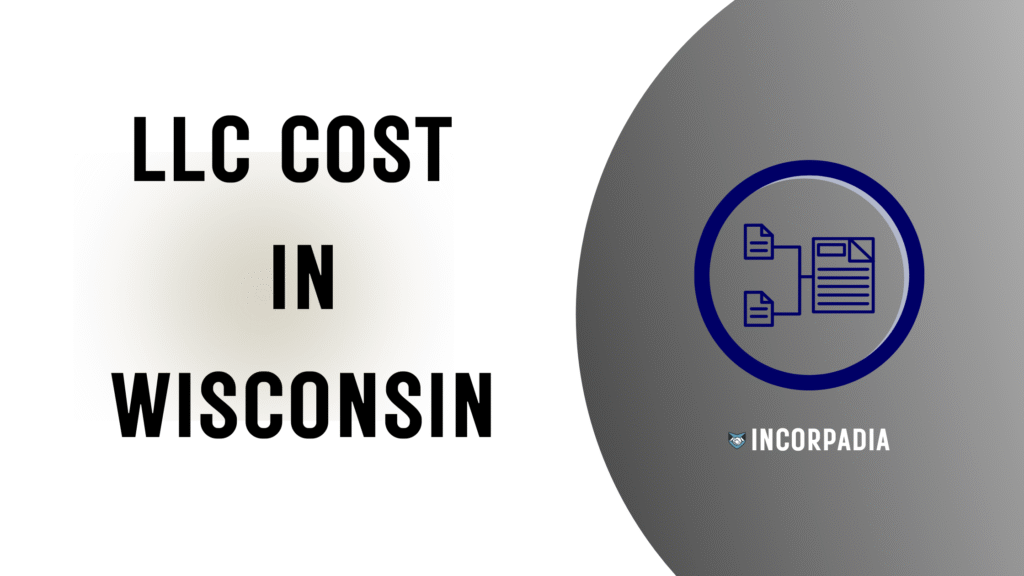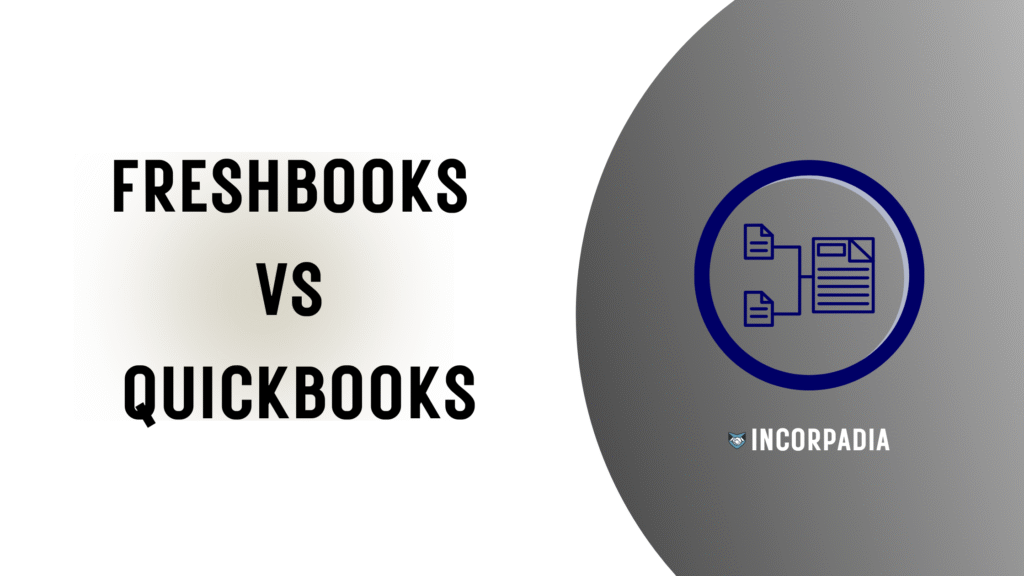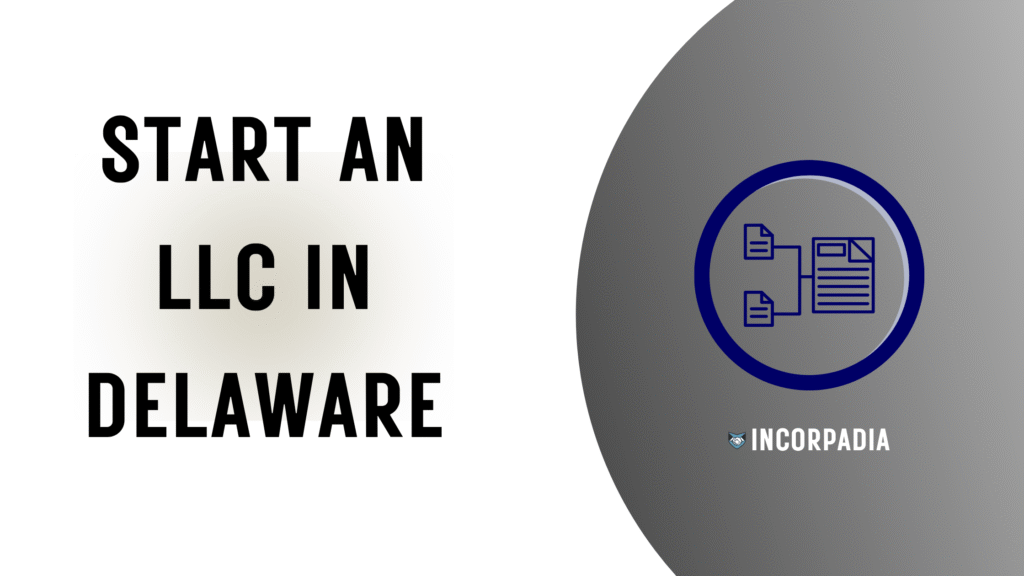Starting a business is an exciting journey, and one of the most popular ways to get started is by forming a Limited Liability Company (LLC). If you’re considering starting an LLC in Wisconsin, this step-by-step guide will walk you through the process. We will cover all the essential steps you need to take, including legal requirements, costs, and important tips to help you succeed.
Why Choose an LLC in Wisconsin?
An LLC is one of the most common business structures for small businesses because it combines the simplicity of a partnership with the liability protection of a corporation. There are several reasons why an LLC is a popular choice for business owners in Wisconsin:
- Limited Liability Protection: As an LLC owner (called a member), you are not personally responsible for the company’s debts and liabilities. This means your personal assets—such as your home, car, and savings—are generally protected if the business faces financial trouble.
- Tax Flexibility: LLCs have more flexibility when it comes to taxation. By default, an LLC is taxed as a pass-through entity, meaning the business income is reported on the members’ personal tax returns. However, an LLC can elect to be taxed as a corporation if desired.
- Simple Management: LLCs offer flexibility in how they are managed. Members can manage the business themselves, or they can appoint a manager to handle daily operations.
- Credibility: Forming an LLC gives your business added credibility with customers, suppliers, and potential investors.
With that in mind, let’s dive into the steps you need to take to form your LLC in Wisconsin.
Cost to File an LLC in Wisconsin
| Filing Type | Cost (in dollars) |
|---|---|
| Articles of Organization | $130 |
| Registered Agent (optional) | $100 – $300 annually |
| Operating Agreement | Free (if self-drafted) |
| Annual Report | $25 |
Step 1: Search Your LLC Name
The first step in starting an LLC in Wisconsin is choosing a name for your business. Your LLC name must comply with Wisconsin’s rules and be unique.
Key Name Requirements:
- Must include “Limited Liability Company,” “LLC,” or “L.L.C.”: Your business name must clearly state that it is a limited liability company. Words like “Limited,” “Corporation,” or “Incorporated” are not allowed.
- Avoid Confusing Names: The name must be distinguishable from any other registered business name in Wisconsin. It cannot be too similar to an existing company or cause confusion.
- No Restricted Words: Certain words are restricted in Wisconsin, such as “bank,” “trust,” “insurance,” and others that imply your business is a professional or government entity.
How to Check Name Availability
To make sure your desired LLC name is available, you can check the Wisconsin Department of Financial Institutions (DFI) website. The state offers an online name availability tool that allows you to check whether your proposed name is already in use.
Tips for Choosing a Name
- Be Descriptive: Choose a name that gives people an idea of what your business does. For example, if you’re opening a bakery, consider names like “Sweet Treats Bakery LLC” or “Happy Cupcakes LLC.”
- Keep It Simple: A simple name is easier to remember and search for online. Avoid long or complicated names.
- Check Domain Availability: In today’s digital age, it’s important to have an online presence. Check if the domain name for your business is available before finalizing your LLC name.
Step 2: Choose a Registered Agent
A Registered Agent is a person or business entity responsible for receiving legal and official documents on behalf of your LLC. These documents can include tax forms, legal notices, and service of process (such as court papers). In Wisconsin, every LLC must have a Registered Agent.
Who Can Be a Registered Agent?
- Individuals: A Registered Agent can be an individual who resides in Wisconsin and is available during normal business hours.
- Professional Service Providers: Many LLC owners opt to hire a professional Registered Agent service to handle this responsibility. These services ensure that your LLC remains compliant by keeping track of important filing deadlines and receiving legal documents on your behalf.
Responsibilities of a Registered Agent
- Receive Legal Documents: The Registered Agent receives legal documents, such as lawsuits, subpoenas, and other important notices.
- Forward Documents: They must promptly forward these documents to you or your designated person.
- Maintain a Physical Address: Your Registered Agent must have a physical address in Wisconsin. Post office boxes are not acceptable.
Recommended Registered Agent Services
While you can serve as your own Registered Agent, many business owners choose to hire a professional service for peace of mind. Some popular Registered Agent services include:
- Northwest Registered Agent: Known for its excellent customer service, Northwest offers comprehensive Registered Agent services for a reasonable fee.
- LegalZoom: Another reliable option that offers Registered Agent services as part of their LLC formation packages.
Step 3: File Articles of Organization
Once you’ve selected your LLC name and Registered Agent, the next step is to file your Articles of Organization with the Wisconsin Department of Financial Institutions (DFI). This document officially creates your LLC in the eyes of the state.
Information Required for Articles of Organization:
- LLC Name: The official name of your LLC.
- Registered Agent Information: The name and physical address of your Registered Agent.
- Principal Office Address: The primary location where your business will be conducted.
- LLC Management Structure: You must indicate whether your LLC will be managed by its members or by appointed managers.
- Duration of LLC: Most LLCs are set up with perpetual existence, but you can choose a specific duration if desired.
How to File Articles of Organization
You can file your Articles of Organization online through the Wisconsin DFI website. The filing fee for online submissions is $130. If you prefer to file by mail, the fee is $170. Online submissions are processed immediately, while mailed applications can take up to 7 business days.
Step 4: Create an Operating Agreement
Although not required by the state of Wisconsin, creating an Operating Agreement is highly recommended for LLCs. This internal document outlines how your LLC will operate, the rights and responsibilities of its members, and how the business will be managed.
What to Include in Your Operating Agreement:
- Ownership Structure: Define the ownership percentage of each member, including how profits and losses will be distributed.
- Management Structure: Specify whether your LLC will be member-managed or manager-managed. Member-managed means all members have a say in the day-to-day operations, while manager-managed means only appointed managers make decisions.
- Voting Rights: Outline how decisions will be made, including what matters require a vote and the voting process.
- Dissolution Process: Define how the LLC will be dissolved if necessary, including how assets will be distributed.
Why You Need an Operating Agreement
An Operating Agreement helps prevent conflicts between members and ensures that everyone is on the same page about the business’s operations. If you don’t have one, Wisconsin state law will govern the management of your LLC, which may not align with your preferences.
Step 5: Get an EIN for Your LLC
An Employer Identification Number (EIN), also known as a Federal Tax Identification Number, is required for your LLC to operate. It is used by the IRS to identify your business for tax purposes. You will need an EIN if you plan to:
- Open a business bank account
- Hire employees
- File federal and state taxes
How to Apply for an EIN
You can obtain an EIN for free by applying online through the IRS website. The application process is quick, and you will receive your EIN immediately upon completion.
Why You Need an EIN
An EIN is essential for separating your personal finances from your business finances, which is crucial for maintaining limited liability protection. It also allows you to avoid using your Social Security Number for business purposes.
Step 6: File Your Annual Report
In Wisconsin, all LLCs are required to file an annual report to maintain good standing. This report is due every year by the end of the month in which your LLC was formed.
What Information Is Required for the Annual Report?
- LLC Name and Address: The business’s name and primary address.
- Registered Agent Information: The name and address of your Registered Agent.
- Management Information: Names of the LLC’s members or managers.
Filing Fees and Deadlines
The fee for filing the annual report is $25. You can file online, and the report is typically due during the quarter when your LLC was formed. For example, if your LLC was formed in March, your annual report will be due between January 1 and March 31 each year.
What Happens After Your LLC is Approved?
Once your LLC is formed and you’ve received approval from the state, there are a few more steps to take to get your business up and running.
1. Open a Business Bank Account
To protect your personal assets, it’s important to keep your business finances separate. Open a business bank account under your LLC’s name and use it for all business transactions.
2. Obtain Necessary Business Licenses and Permits
Depending on the nature of your business, you may need specific licenses or permits to operate legally in Wisconsin. Check with local and state agencies to determine what is required.
3. Understand Your Tax Obligations
Wisconsin LLCs are subject to state taxes, including sales tax, income tax, and employment taxes. Make sure you understand your obligations and keep accurate records for tax purposes.
4. Maintain Compliance
Stay on top of important filing deadlines, including your annual report and taxes, to ensure that your LLC remains in good standing with the state.
Final Thoughts
Starting an LLC in Wisconsin is a simple process that can offer significant benefits, including limited liability protection, tax flexibility, and a formal structure for your business. By following these steps and staying on top of your state requirements, you’ll be well on your way to establishing a successful business in Wisconsin.
Remember, while forming an LLC is a great step towards securing your business, it’s also important to keep learning and adapt as your business grows. Always consult with a professional if you need assistance, especially when it comes to taxes, legal matters, or complex business issues.
FAQ’s
How Much Does It Cost to Start an LLC in Wisconsin?
The cost to start an LLC in Wisconsin is typically around $130 for online filings and $170 for paper filings. There are also annual report fees of $25.
Do I Need a Registered Agent for My LLC?
Yes, every LLC in Wisconsin must have a Registered Agent who has a physical address in the state.
Can I Form an LLC Without an Operating Agreement?
While not required by Wisconsin law, it is highly recommended that you create an Operating Agreement to define the internal structure and operations of your LLC.







